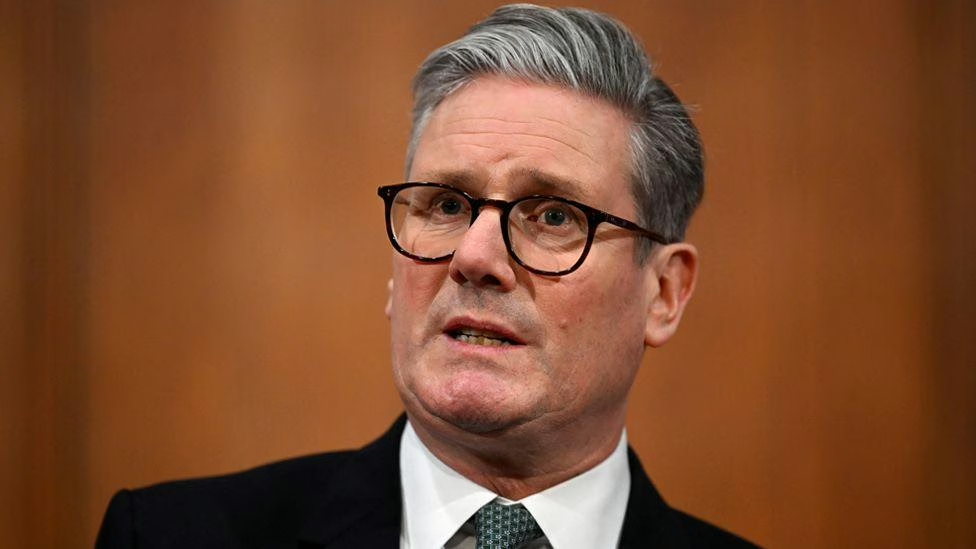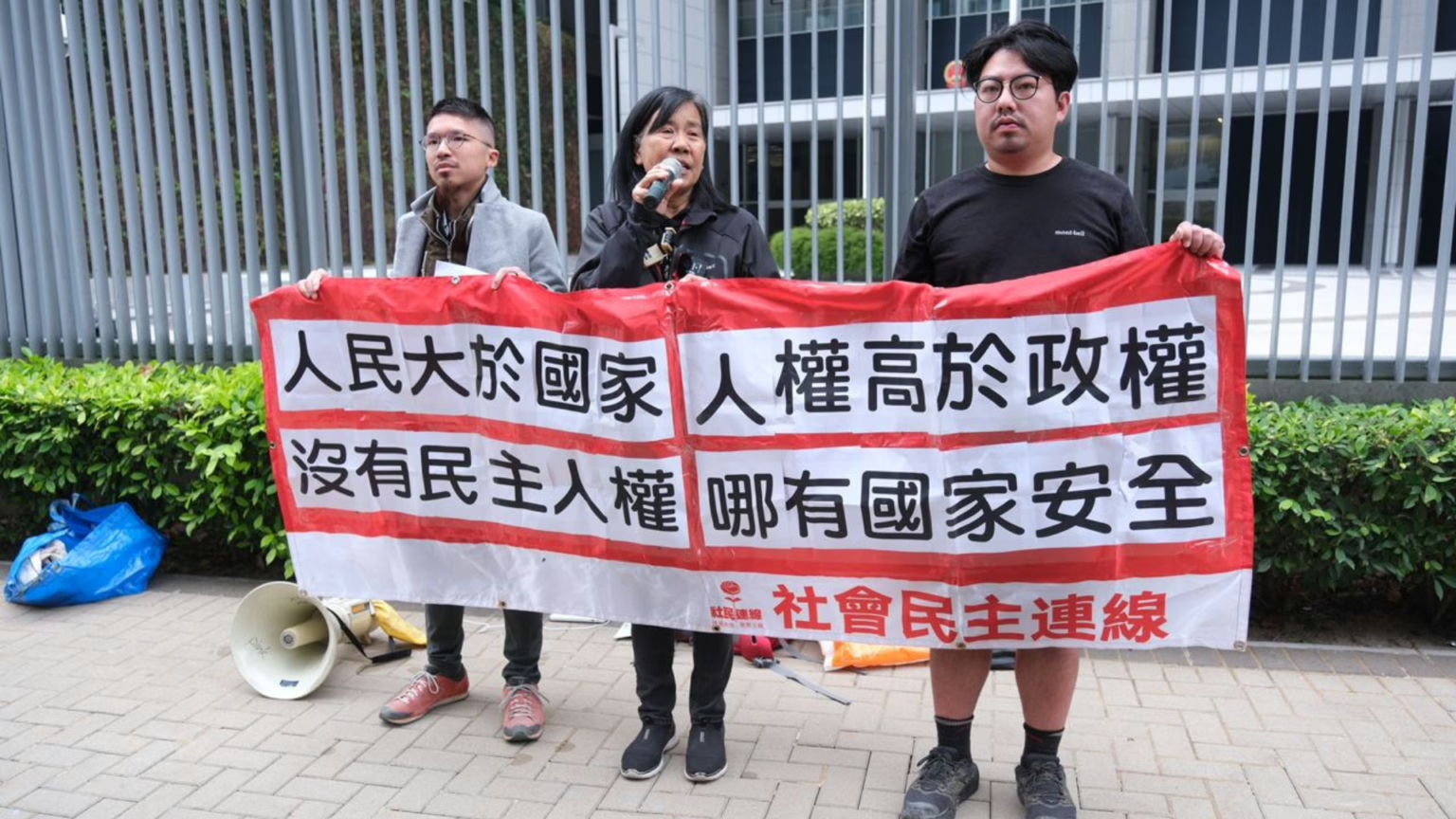The Labour Government, led by Prime Minister Keir Starmer, has announced a significant U-turn on its proposed welfare cuts, opting to revise the controversial policy. The decision comes as a response to intense pressure from within the Labour Party and widespread public concern, aiming to prevent internal divisions and mitigate backlash.
Background to the Policy Reversal
The government had initially put forward a welfare reform plan designed to reduce public spending by tightening eligibility criteria for certain benefits and cutting payments to low-income households. The proposal sparked immediate opposition from within the Labour Party and the wider public. Many Labour MPs and supporters argued that the cuts contradicted the party’s longstanding commitment to protecting vulnerable communities, warning that they could exacerbate poverty at a time of economic strain.
Sources indicate that dissent was particularly strong from Labour’s left-wing faction and trade union representatives, who cautioned that the reforms risked alienating core voters. Charities and advocacy groups also voiced concerns, highlighting the potential harm to low-income families and disabled individuals. Recent polls showed over 60% of the public opposed significant welfare reductions, adding to the political pressure on the government.
Details of the Policy Adjustment
Following days of internal party meetings and public debate, the Starmer government has scrapped the most contentious elements of the welfare cuts. A government spokesperson confirmed that the revised plan will preserve key benefits for low-income households and disabled individuals while increasing funding for employment training and education programmes to reduce reliance on welfare. Full details of the new proposals are set to be presented to Parliament next week, with an emphasis on “fairness and sustainability.”
Reasons for the U-Turn
The government’s decision to backtrack can be attributed to several key factors:
- Party Unity Concerns: Tensions between Labour’s left-wing and moderate factions have been a persistent challenge. The welfare cuts were seen as a flashpoint for the left, and pushing forward risked deepening internal rifts and undermining Starmer’s leadership.
- Public Opinion Pressure: With economic uncertainty on the rise, public tolerance for welfare reductions has waned. The government recognised that proceeding with an unpopular policy could erode Labour’s support base ahead of future elections.
- Balancing Economic and Social Priorities: Analysts suggest the government is seeking to strike a balance between fiscal discipline and social equity. The revised plan aims to address budgetary concerns while avoiding measures that could worsen inequality.
Reactions
Labour’s left-wing MPs have cautiously welcomed the policy shift but stressed they will scrutinise the details of the new plan closely. Opposition parties have criticised the government for what they call a “flip-flopping” approach, arguing it reflects a lack of coherent strategy. Meanwhile, charities and welfare advocacy groups have called for further increases in support for vulnerable groups.
Looking Ahead
This U-turn marks a significant policy shift for the Starmer government, highlighting the delicate balance between economic challenges and political realities. The coming weeks are likely to see heated parliamentary debates as the revised welfare proposals are tabled, with the government’s decisions remaining under intense scrutiny from both the public and its own party.
Discover more from “Bridging Hongkongers. Reporting Truth.”
Subscribe to get the latest posts sent to your email.




